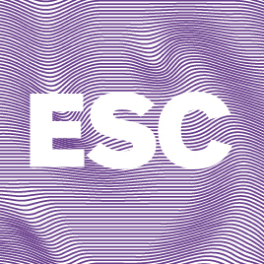What advice do you have for people who are interested in looking at public-private partnership opportunities to address some of the large challenges their communities face?
Kristina Verner: It’s understandable that when you’re doing something net-new, you have to be able to actually evolve over time. But figuring out the right way to have that transparency with the public is really important. There’s been interesting lessons learned along the way around roles and responsibilities. It would have been much more helpful in the early days to have it very clear what is the role of the public sector agency, or public sector versus the private sector.
What tools and activities that you use to engage the public?
Kristina Verner: The public consultation that has happened through this [Quayside/Sidewalk Labs] project has been so incredibly large. We’re averaging 300 to 700 people per session for any public consultations that we’re doing, so it’s been a massive consultation process to manage through. We unfortunately haven’t done a lot of innovative public consultation. It has been very traditional, with just some augmented sort of access modes, like live-streaming or recording stuff so we can get offline submissions that are more informed by the dialogue that happened.
I would also suggest that it’s very important to go out and try and get access to the people whose voices aren’t normally heard. That has had to be a very intentional practice for us. At some points, it’s not happening through our big public events, but it’s going out for smaller interviews and consultations.
Where do you find information about what other communities are doing – especially when it comes to lessons learned?
Kristina Verner: There’s this great organization called the Intelligent Community Forum (ICF), that is a fantastic source of information and the network of people that we’ve met through that over time, even if it’s not directly with the ICF, just going and talking to our colleagues. As well, a lot of times it’s the consulates for other countries that we have a lot of very active conversations with. The Dutch consulate in particular, [has been interested in] our stormwater management and some of the innovation portfolios. We have also had a fair amount of conversations with the Swedish Consulate and the South Korean government. It’s usually sort of quasi-government to quasi-government interactions.
We never and still don’t refer to things like Smart Cities because we believe it is not enough. We need to look more holistically at how you incorporate innovation to achieve economic, social, cultural growth for your neighbourhoods.
Kristina Verner, Vice President, Innovation, Sustainability and Prosperity, Waterfront Toronto
